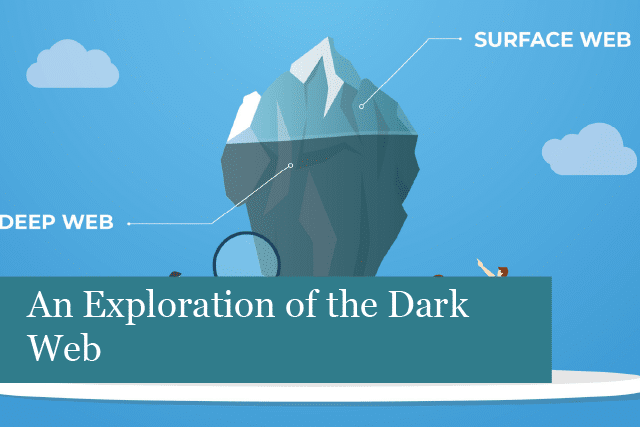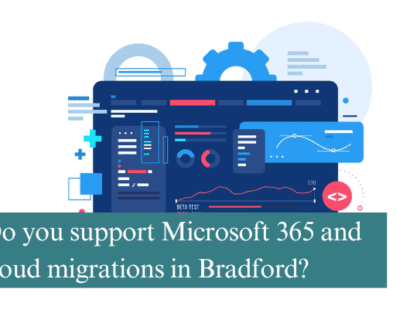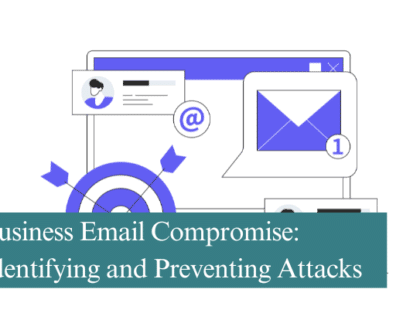
In the vast landscape of the internet, there exists a realm shrouded in mystery and infamy—the dark web. For many, this clandestine corner of the digital world raises eyebrows and elicits a sense of apprehension. In this blog post, we aim to demystify the dark web, providing a conservative perspective on what it is and what it isn’t.
Defining the Dark Web
The dark web is a hidden portion of the internet that is intentionally concealed and requires specific software, such as Tor, to access. Unlike the surface web, which is indexed by search engines, the dark web operates on encrypted networks, allowing users to maintain anonymity. While not inherently nefarious, the dark web has gained notoriety due to its association with illegal activities.
The Layers of Anonymity
One of the key features of the dark web is the emphasis on anonymity. Users on these platforms often employ pseudonyms and take extensive measures to conceal their identities. This layer of secrecy, while providing protection for individuals living under oppressive regimes or engaging in legitimate privacy concerns, unfortunately also attracts those with less noble intentions.
Myth vs. Reality
Contrary to popular belief, not everything on the dark web is illegal or harmful. The dark web hosts forums for political activists, whistleblowers, and individuals seeking refuge from oppressive regimes. It serves as a platform for free speech where anonymity is crucial for personal safety.
The Shadows of Illicit Activities
However, it would be remiss not to acknowledge the darker side of the dark web. It has become a marketplace for illegal goods and services, including drugs, weapons, and stolen data. Cybercriminals utilise this hidden space to orchestrate attacks, sell malware, and engage in other malicious activities. Law enforcement agencies around the world are actively monitoring and combating these criminal enterprises.
Navigating the Dark Web Safely
For those who wish to explore the dark web out of curiosity or genuine need, it is essential to prioritise safety. Cybersecurity measures, such as using a VPN and ensuring the anonymity provided by the Tor browser, can help protect users from potential threats. However, it is crucial to approach this space with caution, recognising the risks associated with its darker corners.
FAQs About the Dark Web
- Is it illegal to access the dark web?
- No, accessing the dark web itself is not illegal. However, engaging in illegal activities within this space is against the law.
- Can I be tracked while on the dark web?
- While the dark web provides a higher degree of anonymity, it is not foolproof. Law enforcement agencies have developed tools and techniques to trace illicit activities on these platforms.
- Why is the dark web associated with illegal activities?
- The dark web’s emphasis on anonymity makes it an attractive space for those seeking to conduct illegal transactions without fear of being identified.
- Are there any legitimate uses for the dark web?
- Yes, the dark web serves as a refuge for individuals in oppressive regimes, a platform for whistleblowers, and a space for free expression without fear of censorship.
- How can I protect myself if I decide to explore the dark web?
- Utilise cybersecurity measures, such as a VPN and the Tor browser, to enhance your anonymity. However, exercise caution and avoid engaging in any illegal activities.
In conclusion, the dark web is a multifaceted space that extends beyond its notorious reputation. While it harbours illicit activities, it also serves as a haven for those seeking privacy and freedom of expression. Navigating the dark web demands a conservative approach, prioritising safety and awareness of the potential risks involved.
Recommended Posts

Are you making the most of your Microsoft 365 licensing?
4th July 2025


